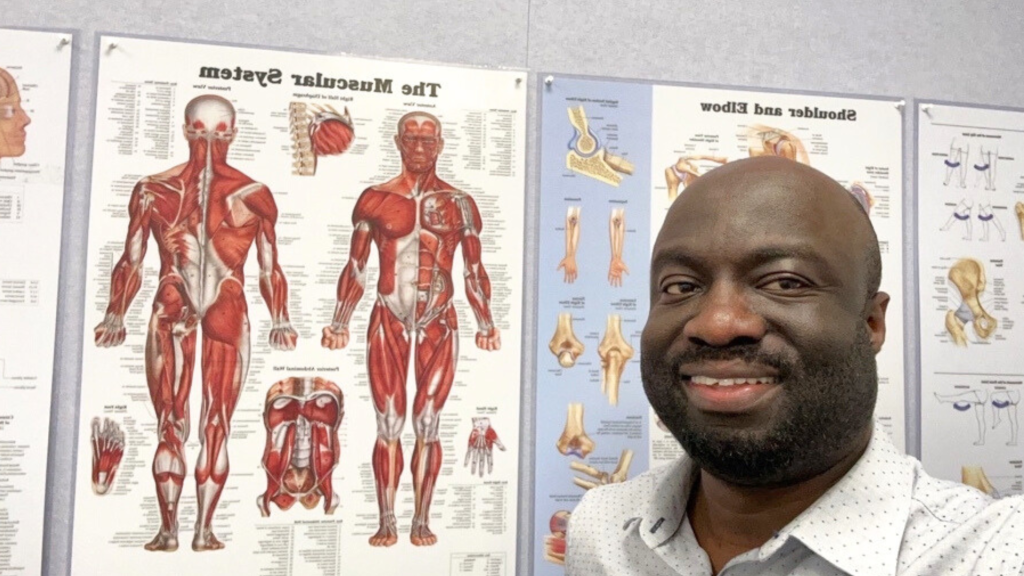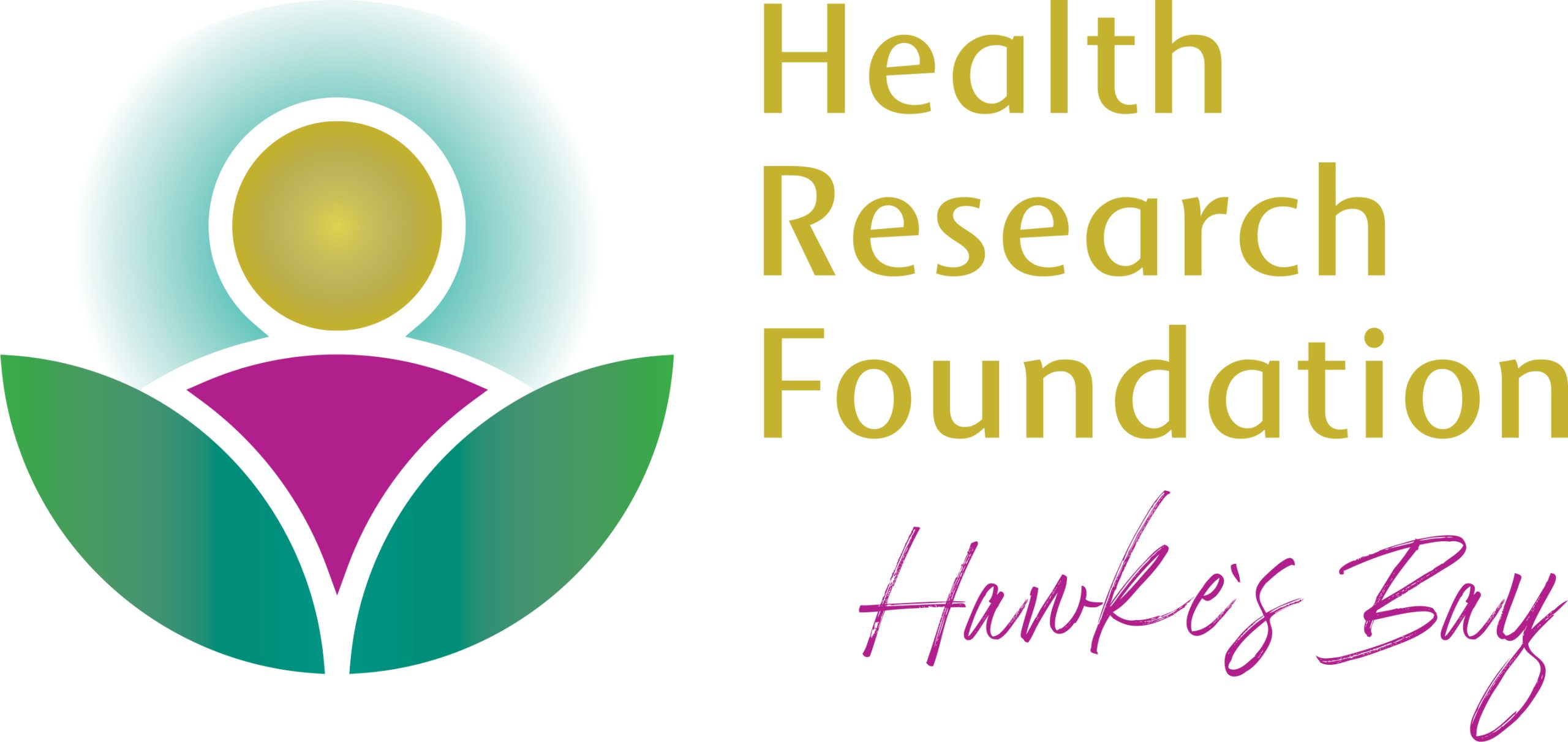The anxiety study
According to the Mental Health Foundation of NZ, one in five young New Zealanders will be affected by depression by the age of 18; almost one in five meet the criteria for an anxiety disorder by age 19. A survey done in 2021 showed that anxiety was listed as the main issue teachers worry about; ahead of vaping, online bullying and pornography. Meet Professor Tafadzwa Mavhunga, who is studying new treatment models that will improve children’s mental health by speeding up their treatment and reducing waiting lists.
When did you start this project? When do you think it will be completed?
My doctoral journey started in February 2018 at Auckland University of Technology after months of contemplating if I could do this while working full-time. Between February 2018 and May 2020, I took research and health systems classes, wrote the research proposal and applied for ethics approval. I started data collection in June 2020 and completed this process in December 2022. I am now working on the final report and aiming to submit it for examination on or before April 2024.
What made you decide to commence this research project? What are you looking to achieve with this, and why?
I have always had an inquisitive mind wanting to understand why and how certain things happen, and I have always wanted to find answers to some things that I find fascinating. Furthermore, I have always wanted to find solutions to some problems we encounter in my area of work to improve the way we do things and improve the outcomes of patients. In this instance, I commenced this research because I wanted to find a solution to treating young children with anxiety using appropriate approaches considering their age and stage of development. This research project aimed to find a new way of supporting children with anxiety that is shorter and easily accessible. This is in the context of a shortage of psychologists, long waiting times and children not getting the help they need on time.
What I hope to achieve from this research is to gain preliminary evidence which supports that the new intervention is effective in treating childhood anxiety and is acceptable and practical to be delivered in New Zealand settings. Once the primary evidence is established, the next step is to refine the intervention and test it in a more extensive study to allow the generalisation of the findings. Suppose more favourable results are obtained in more comprehensive studies; the final step will be to finalise the manualised intervention and teach New Zealand clinicians how to deliver it in their roles and settings. The process can take up to ten years and requires a lot of resources.
What has been the biggest obstacle so far?
The biggest obstacle has been finding the time to do the research while working full-time. Research requires a lot of time, and it is more challenging if one works full-time. If possible, I would have reduced my working hours to have at least one day per fortnight that I would use to focus on the research. However, that is impossible because I need the money for my bills, academic fees and research. In that regard, research grants that offer a wage for at least one day a week would allow new researchers to reduce their work hours without putting financial pressure on them.
The other obstacle other researchers face, which I, fortunately, did not face, is getting funding to carry out the research. I was fortunate enough to be supported by Health Research Foundation Hawkes Bay. The research costs would have burdened me financially if I had not received this funding.
The other obstacle I faced was related to participant recruitment and COVID -19 related challenges. During the COVID-19 pandemic, the research could have continued online, but some participants did not have appropriate electronic equipment ( i.e., a laptop). If I had the funds to get at least one laptop, the study would have continued online and would not have been interrupted.
What have you found out until today that was perhaps surprising?
The study’s findings have not been surprising because both interventions have been tested separately in other studies and shown good outcomes. The way the therapist and parents accepted the intervention as helpful was somewhat surprising. I expected a moderate response but the support for the intervention was very strong.
How do you feel the outcome of this will help children with anxiety?
The outcome of this study will help children with anxiety in several ways.
-
- There will be an appropriate intervention for young children with anxiety that involves them and their parents.
-
- The intervention will be easily accessible because it can be taught to other allied health professionals (i.e. in both primary and secondary care services) in a short time.
-
- This intervention will allow children to receive interventions early and timely.
The outcome of this study also has system-wide benefits that can be realised in the long run. There are long waiting lists for children to get into secondary mental health services, which are already understaffed and under pressure. Teaching primary care professionals and school guidance counsellors how to deliver this intervention implies that children who require anxiety interventions can be seen early in primary care. This will reduce the volume of referrals to secondary care services and improve patient flow.
What is your background? What inspired you to become a researcher?
I am an occupational therapist by training with an undergraduate degree for the University of Zimbabwe. I have twenty years of experience in various managerial /leadership and clinical roles. I became a part-time researcher because I wanted to find solutions to problems encountered in my role as a child and adolescent practitioner. The desire of wanting answers, system improvement and better outcomes for children was the main driver for me to start engaging in research.
What do you love most about research?
Discovering new information and finding solutions/answers to problems are the things that I like most about research. Discoveries lead to innovation and improvements in how we do things which means we will always be better at doing something if we engage in research.
Why did you apply for funding at Health Research Foundation – Hawke’s Bay?
Research requires several resources, including money, to purchase consumables that are required for the research. I applied for the Health Research Foundation funding because I did not have the financial means to complete the research. Without the funding, conducting the research would have been financially challenging; perhaps I would have needed to work another job when required to raise funds to buy consumables.
Why do you feel the foundation plays an important role in well-being in the bay?
The Health Research Foundation Hawkes Bay plays an important role in health research by supporting novice and experienced researchers to engage in research that has huge implications for the health outcomes of the Hawkes Bay population and New Zealand. In the grand scheme, the foundation contributes towards better healthcare services by supporting the development of new ideas that promote better patient outcomes.

Professor Tafadzwa Mavhunga
